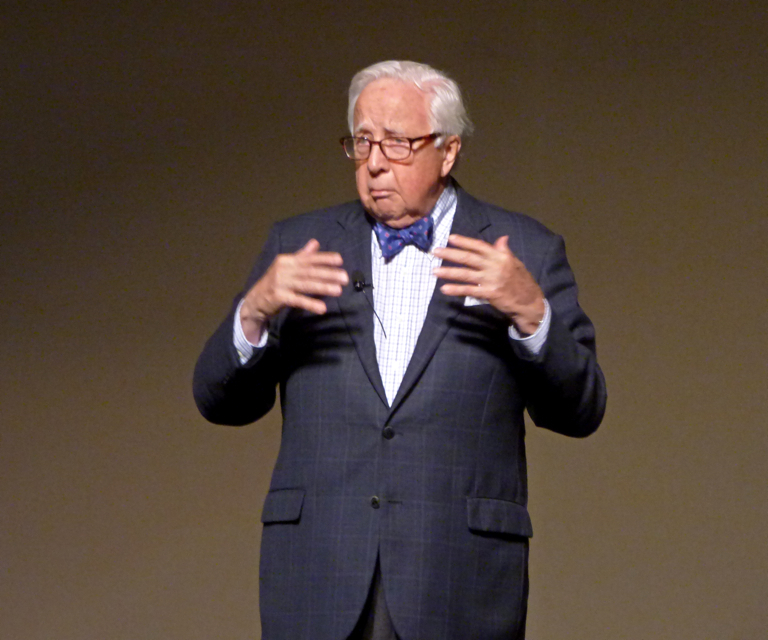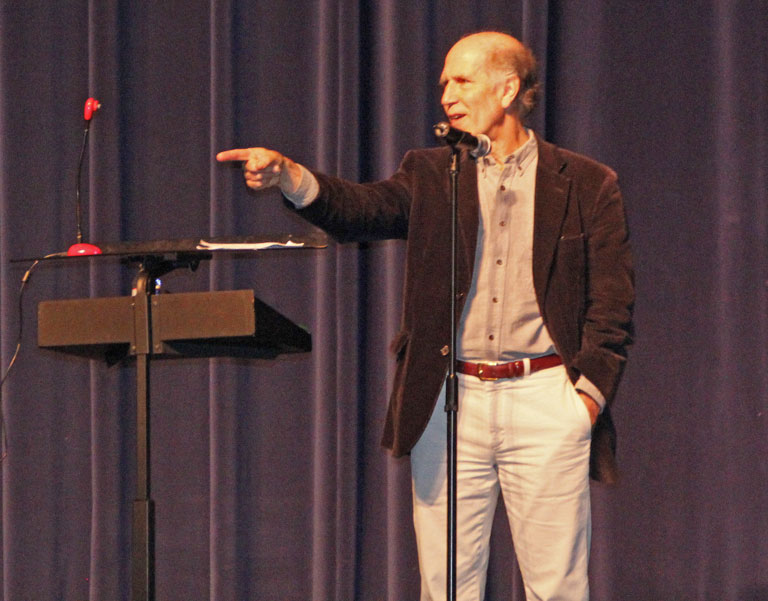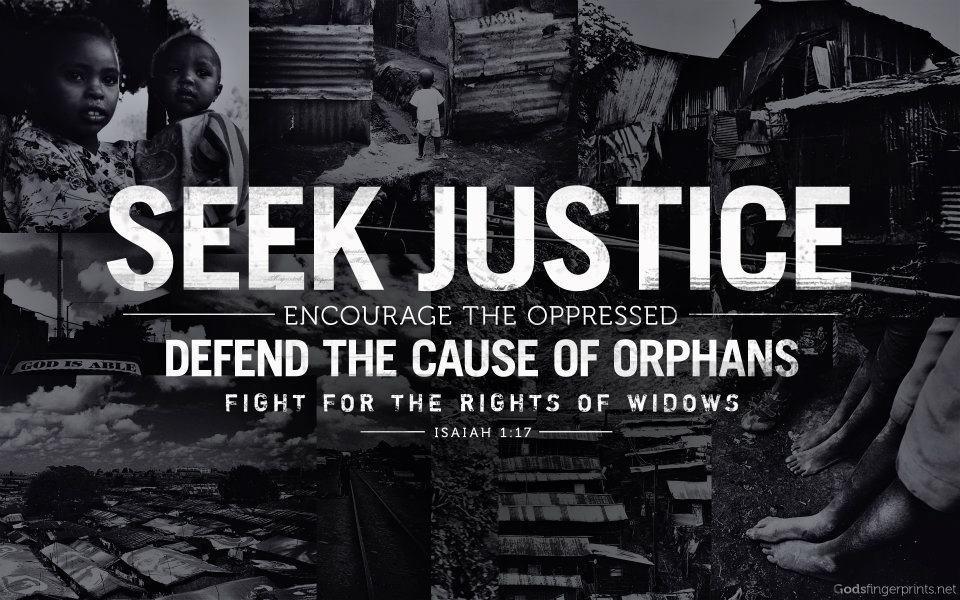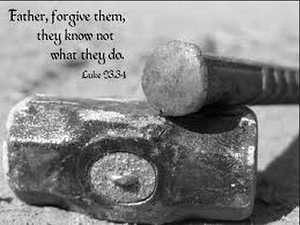A
Reflection for Thanksgiving Day All Saints’ Church, Southern
Shores, NC November 28, 2013 Thomas E. Wilson, Rector
Today’s
Epistle lesson is taken from Paul’s letter to the church in
Philippi and urges them to couch everything in thanksgiving. This is
the holiday called Thanksgiving Day; so what are you thankful for?
Well, let’s start off with Paul’s advice on what to think about
in thanksgiving:
Finally,
beloved, whatever is true, whatever is honorable, whatever is just,
whatever is pure, whatever is pleasing, whatever is commendable, if
there is any excellence and if there is anything worthy of praise,
think about these things.
Are
there people or things that come to mind? This coming Sunday,
December 1, we have a concert coming up by the Simon String Quartet.
This sanctuary has the best acoustics for music, and I am thankful
for hearing beautiful music wonderfully played. Yet I cannot just
give thanks for the music concert alone. I have to think of the
person who made this music program
possible
- Don Bryan. Don died this last week, and he heads my list of people
I am thankful for this year. Don knew how to love, which is an art
not a science. The concert is sponsored by the Don and Catherine
Bryan Cultural Series, which Don set up in thankfulness for the joy
of the creative arts that he and Kay shared. Don lived his life not
just feeling or talking about love but by doing love.

Don
knew how to love. He loved his country, and when Pearl Harbor hit, he
enlisted in the Army and ended up in the Army Air Corps in World War
II where he was put to work as a gunner on a B-17. It was a new kind
of war, and the America Air Corps had a lot to learn about strategic
bombers. When Don started doing the daylight bombing of Germany,
crews stood a less than even chance of returning. Much later as the
tactics changed and longer range fighter escorts were developed, the
odds improved, but it is estimated that over one third of the flight
crews of B-17s did not survive the war.
Don
was an artist, and there is this painting he did of a gunner looking
out at the viewer, and you can see the apprehension in his eyes which
show above the oxygen mask as the B-17 is being attacked. It was a
memory self-portrait looking into his soul and the soul of every
veteran, full of the horror of war. Don was not a war lover, yet
because he loved his country, he did the full tour. However, he said
that the next time would not be in such a vulnerable position, and so
he qualified as a fighter pilot and served in the Korean and Vietnam
conflicts, retiring as a full Colonel. Don was not “a summer
soldier or sunshine patriot”, rather he loved the only way he
could, by doing.
Forty
years ago, after his 30 year hitch was up, he retired to a place he
loved, Nags Head, where he and Kay would be able to slow down and he
could paint. Nags Head was really a rugged place where people went to
get away from it all. As the saying went, “It was not the end of
the world but you could see it from there.” He loved Nags Head and
he did not just feel or talk about that love, he worked to make it a
place of honor. He served on many state and county commissions and
committees of governance and served as Mayor of Nags Head for 13
years. The joke Don told was that the hardest part of moving into
Spring Arbor was that he had to change his zip code from his beloved
Nags Head to Kill Devil Hills.
He
moved into Spring Arbor because Don loved Catherine, his wife; it was
a love not just of feeling or words but of actions. As Kay got more
and more ill, Don changed his life by taking care of her. The hardest
part of Don’s last illness was that he was physically separated
from her and could not be there for her because, for Don, love was
what you do.
Don
loved art, the creative process, and did not waste time feeling or
talking, but he set up the foundation as an outward and visible sign
of his and Kay’s love for each other, in thanksgiving for their
life together on these Outer Banks, and to encourage all sorts of
arts. The foundation’s inaugural performance was a breathtaking
piano concert. Subsequent events have included a performance of “An
Evening with Thomas Jefferson”,
a lecture by the Historian David
McCullough who was here researching his next book on the Wright
Brothers and the beginnings of manned flight,a workshop for veterans on writing as a means of healing the wounds of war led by the Poet Laureate of North Carolina, now the Simon Quartet, and later a retrospective of Don’s paintings. Next year’s plans were being put together when Don died and will continue because of Don and Kay love for each other and their beloved Outer Banks. Love does not die, people do, but love continues.
There
will be a service for Don on December 8th
and I have to be out of town, but he and Kay will be in my prayers.
If you want to remember Don, make a donation to the Don
& Catherine Bryan Cultural Series or the USO and share in Don’s
love. If you really want to give thanks, then follow his example and
love. Don’t just say it or just feel it, but do it.
Finally,
beloved, whatever is true, whatever is honorable, whatever is just,
whatever is pure, whatever is pleasing, whatever is commendable, if
there is any excellence and if there is anything worthy of praise,
think about these things.
...
and do it.













